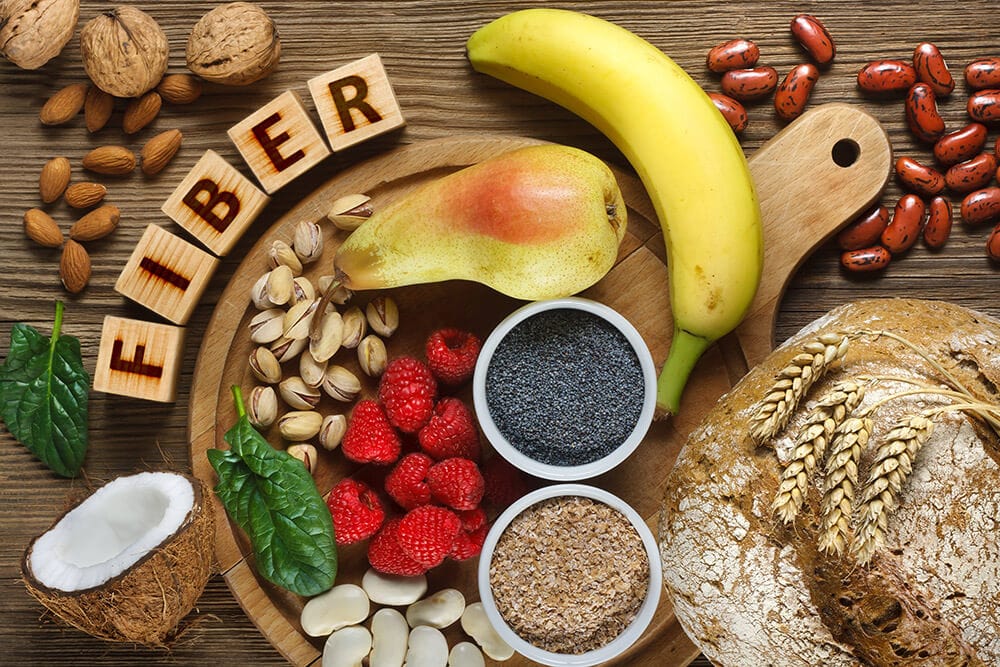What Is a Diverticulum?
A diverticulum is a small pouch that forms in the wall of your digestive tract or bladder. They can occur in various locations, including:
- Meckel's diverticulum (small intestine)
- Duodenal diverticulum (upper small bowel)
- Bladder diverticulum
- Zenker's diverticulum (throat)
Common Causes and Risk Factors
- Aging : pouch walls weaken over time
- Low-fiber diet : harder stools increase pressure
- Family history of bowel disease
- Frequent constipation or straining
- High pressure in the bowel or bladder
Signs and Symptoms
- Pain in the lower left abdomen
- Bloating, gas, or cramping
- Diarrhea or constipation
- Blood in your stool or urine
- Fever, nausea, or chills if the pouch is infected
- Trouble swallowing or coughing (Zenker's diverticulum)
How Dr. Rishi Diagnoses Diverticulum?
Dr. Rishi Chadha uses a step-by-step approach:
Medical History and Physical Exam
He reviews your symptoms (pain, bloating, bleeding), family history, diet, bowel habits and examines your abdomen.
Blood and Urine Tests
We check white blood cell count, inflammatory markers and rule out urinary infections.
Endoscopic Evaluation
A colonoscopy or sigmoidoscopy allows direct visualization of the colon and any diverticula.
Imaging Studies
- CT scan or MRI to detect complications such as abscesses, perforation or inflammation.
- Barium swallow or upper GI series to outline duodenal and Zenker's diverticula.
Nuclear Medicine Scan
For suspected Meckel's diverticulum, a technetium-99m pertechnetate scan pinpoints ectopic gastric mucosa.
Frequently Asked Questions
What is Meckel's diverticulum?
A pouch in the small intestine present from birth that can cause pain, bleeding, or inflammation if it becomes irritated or infected.
How do you find a duodenal diverticulum?
It's usually detected with imaging studies such as a CT scan, upper endoscopy, or a barium GI series.
Can a bladder diverticulum hurt?
Yes. It may lead to urinary infections, pain, difficulty emptying the bladder, or blood in the urine.
What are signs of Zenker's diverticulum?
Common symptoms include trouble swallowing, a persistent cough, regurgitation of food, or a sensation of a lump in the throat.
What's the treatment for Zenker's diverticulum?
An endoscopic procedure can open or remove the pouch without large incisions, allowing faster recovery.
Do all diverticula need surgery?
No. Many cases improve with diet changes, fiber supplements, and antibiotics if infected. Surgery is reserved for complications or recurrent symptoms.
How do I avoid flare-ups?
Eat a high-fiber diet, drink plenty of water, exercise regularly, and avoid straining during bowel movements.
Does fiber help?
Yes. Fiber softens stool, reduces pressure in the bowel or bladder, and lowers the risk of diverticula becoming inflamed.
What's the recovery time after surgery?
Most patients return to normal activities within 1-2 weeks after laparoscopic or endoscopic procedures.
How do I book a visit with Dr. Chadha?
Call our Houston office during business hours or schedule your appointment online at GastroDoxs.com.











